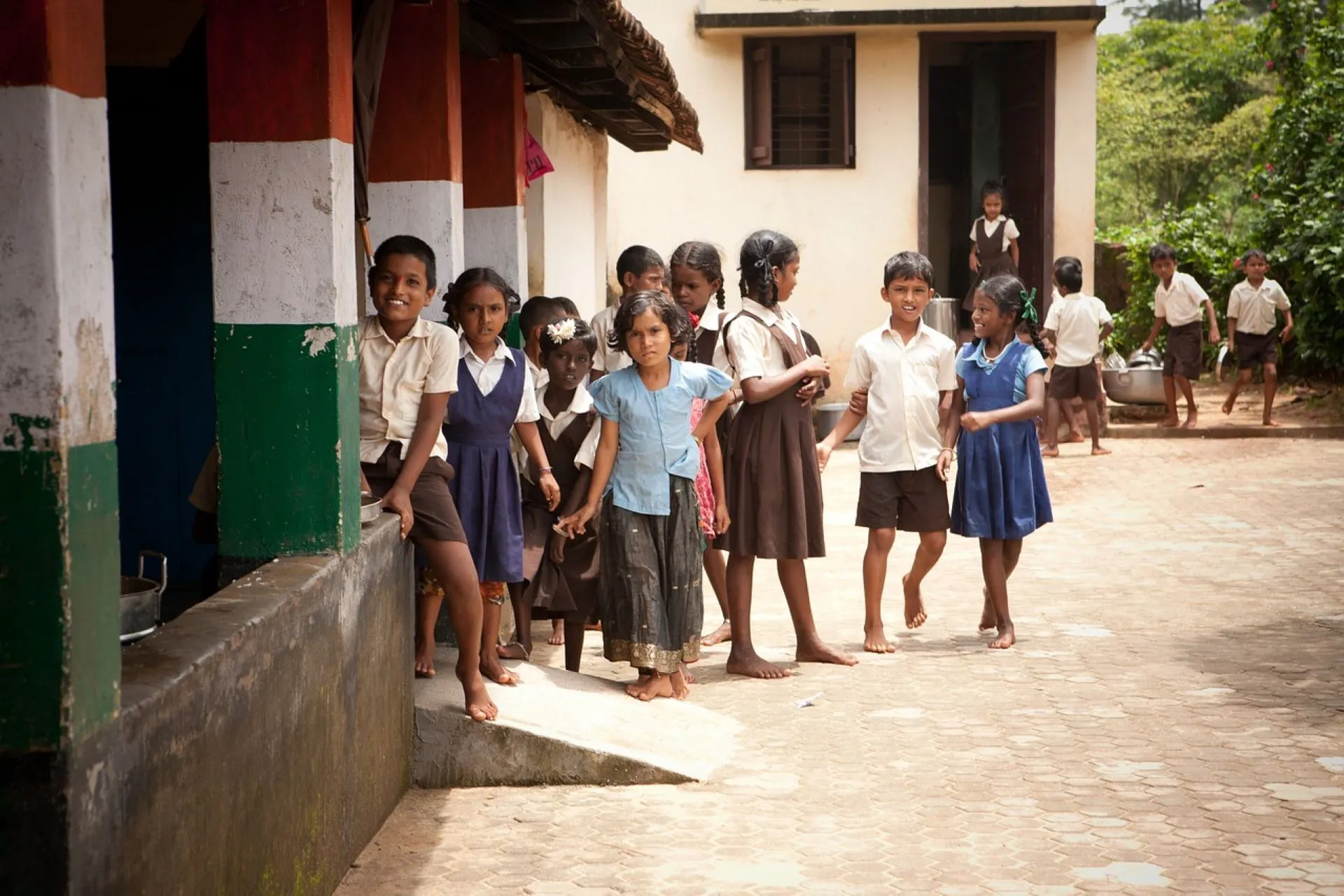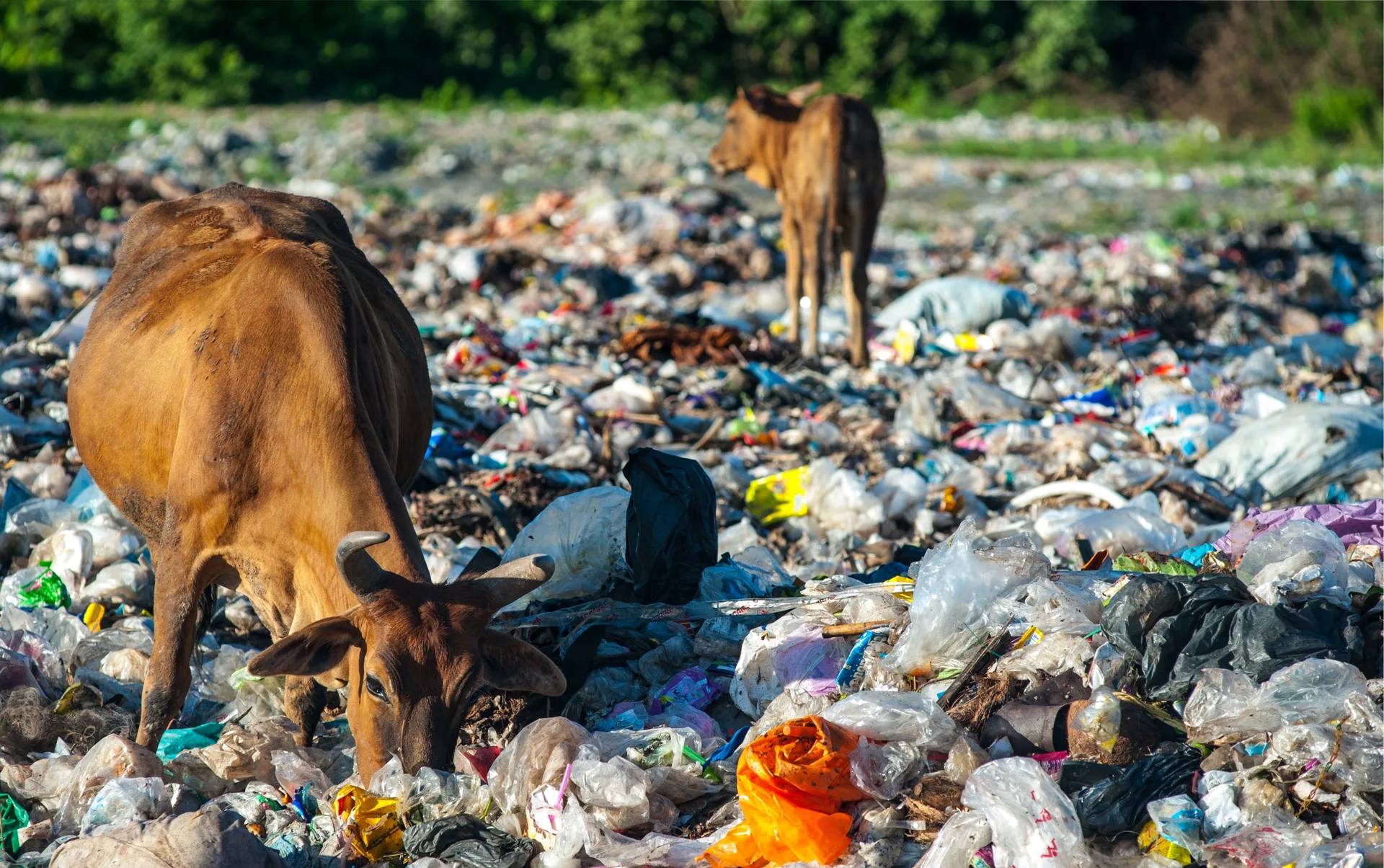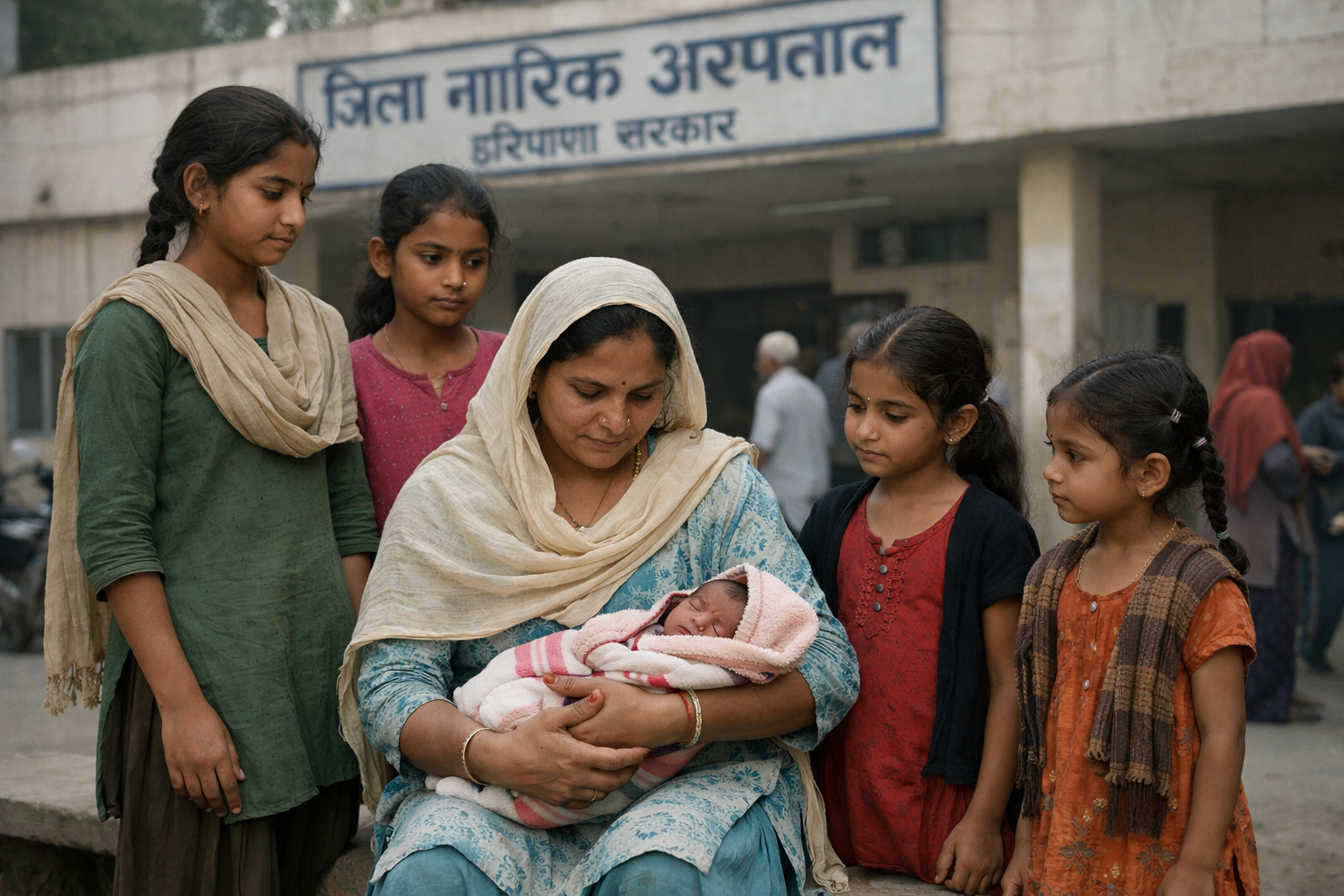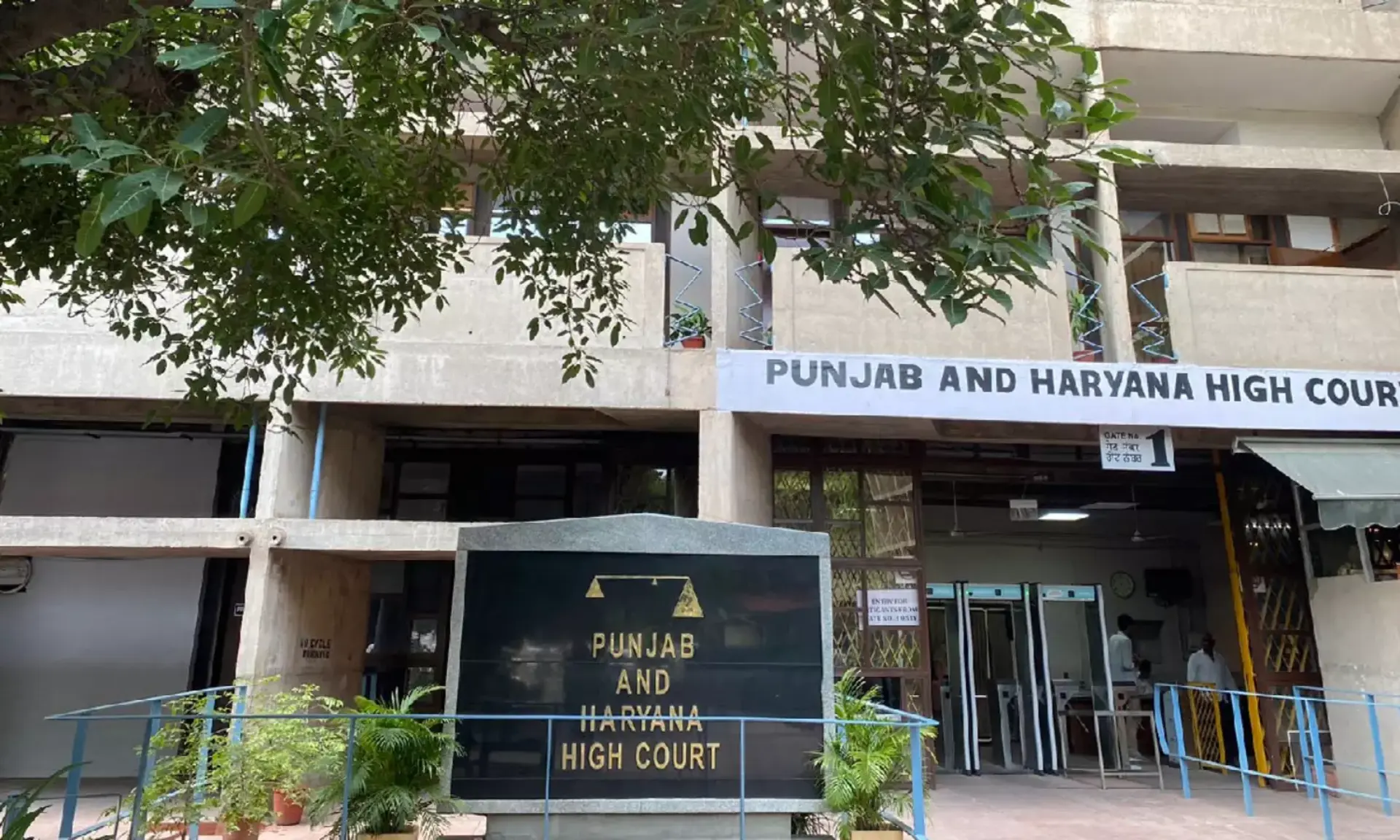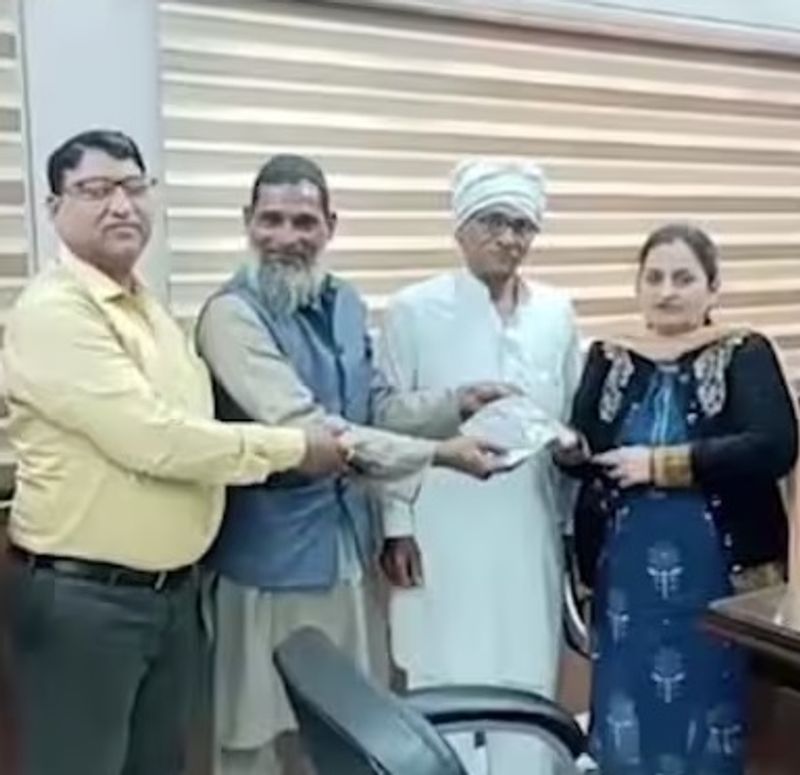
A comprehensive rationalization exercise conducted by the Haryana Elementary Education Department has uncovered disturbing gaps in the state's primary education system. The review revealed that 487 government primary schools across the state are functioning without a single teacher, while 294 schools have failed to enroll any students during the current academic year.
Teacher Shortage Persists Despite Reallocation
Even after the reallocation of teaching positions, the data shows a provisional shortage of 2,262 teachers in government primary schools throughout Haryana. The current student-teacher ratio stands at approximately 28:1, with 718,964 students enrolled across 8,185 government schools being taught by just 25,762 teachers.
In a controversial move, the government has reduced 5,313 teaching positions through this rationalization exercise for primary schools. The total number of teaching posts has dropped from 37,487 to 32,174. However, a senior education official clarified that these positions haven't been permanently eliminated but rather "rationalized" to allow for more effective allocation in the upcoming academic session.
District-wise Disparities
The distribution of schools without teachers or students varies significantly across districts. Yamunanagar faces the most severe challenges, with 79 schools operating without any teachers and 32 schools having no students enrolled. Panchkula follows with 45 schools lacking teachers, while Ambala has 22 schools without any students.
Kurukshetra ranks third with 34 schools without teachers, and Hisar has 17 schools without any student enrollment. Adding to the concern, 1,095 schools across the state have fewer than 20 students each, with Yamunanagar (132), Panchkula (64), and Karnal (62) having the highest numbers of such schools.
In an unusual contrast, Panchkula stands out as the only district with a surplus of teaching positions, reporting 88 extra teaching posts despite having 45 schools without teachers.
Teachers' Union Response
Hariom Rathi, state president of the Haryana Primary Adhyapak Sangh (teachers' union), has appealed to the government not to permanently eliminate the teaching positions that have been rationalized. The union appears concerned that temporary "rationalization" could lead to permanent reduction in teaching posts, further aggravating the education quality challenges in rural and underserved areas.
The findings raise serious questions about resource allocation, educational access, and the future of small schools in the state's education system.



